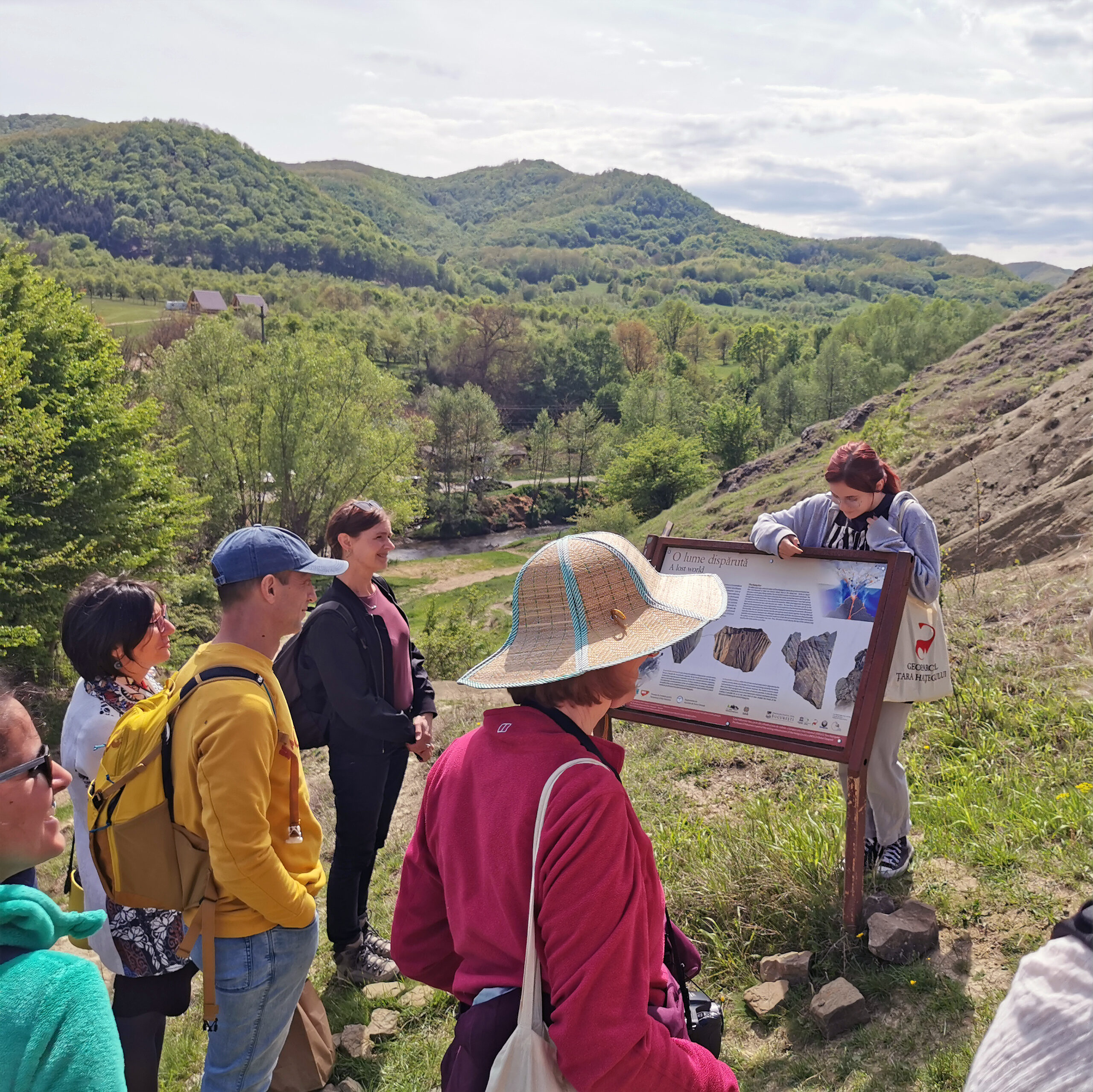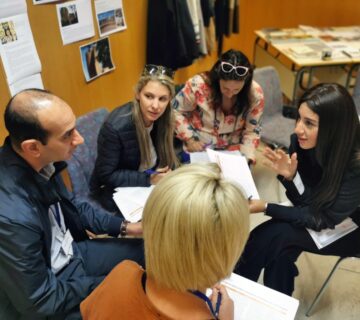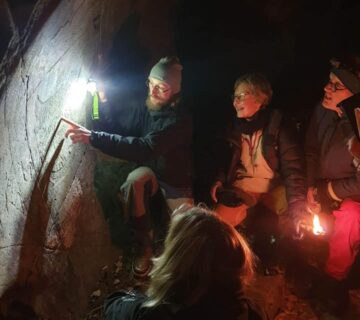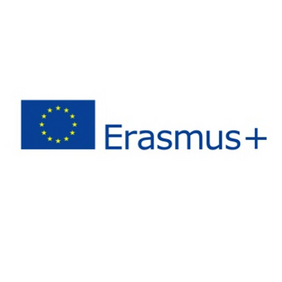Attending iecon23 in Romania gave a chance to reflect on personal and professional experiences and the future role of interpreters.
Between 12-15 May 2023, I participated for the first time in an Interpret Europe conference. The event was of particular importance for me for three reasons:
- As an emerging heritage researcher, it was my first time participating in an international conference of this scale.
- The occasion brought together both researchers and practitioners to discuss heritage processes, with a particular focus on interpretation. A balanced discussion encompassing both theory and practice offered the ideal point of reflection with regard to the limitations and possibilities of heritage interpretation.
- The conference was held in Sighișoara, Romania. The gathering of interpreters also offered the perfect occasion for experts and practitioners from Romania to meet and discuss future developments of the heritage sector in the country, which is important to me as my research project is jointly looking at interpretation of cultural heritage at sites in Italy and Romania
During the conference, I was able to attend multiple sessions and workshops grouped around thematic topics such as Interpretive planning, Learning for the future, Nature and us, and Different perspectives. While a good amount of the presentations looked at interpretation coined as an educational process, it seemed to me that there was unanimous agreement between participants that a shift towards a heritage interpretation practice as a hermeneutical process, rooted in life-centered and value-based approaches, is needed. Discussions led me to believe this need is perceived as a way to expand the role of the interpreter in the realm of heritage practice, as an agent who can deepen experiences, meaning and link different environments and communities together for enhancing both relationships between heritage experts, heritage experts and the public and human communities and multiple environments. In short, an increased emphasis was put on the reclaiming of the role of the interpreter as facilitator – not just for producing and exposing knowledge, but also as a facilitator of creating understanding between ‘worlds’ as well.
The study visits that we undertook in the surrounding areas of Sighișoara raised important questions and debates precisely regarding this need in shifting understanding of the role of interpreter. A visit to the Breite Oak Tree Reserve cultural landscape, where a local biologist told us the story of both the species found there and the history of the nature-culture relationship throughout centuries, made me reflect on this delicate dance that humans have with the rest of the environment. While centuries back local communities turned the area into pasture for their animals, the disappearance of traditional agricultural practices which kept alive the landscape, has led to the reclaiming of the area by ‘unruly’ species. The biologist explained the impact is twofold: it leads to the disappearance of a cultural memory and of current ecosystems. This made me think of what a conflicting relationship we have with nature: while we praise wilderness and the purity of nature untouched by humans, we also quickly seek to control it.
The visits to Biertan and Mălâncrav raised debates related to conflicts of interpretations: in a multicultural community, deeply and historically impacted by power imbalances and social injustices, who gets to be represented? What is the role of the interpreter in this case?
My main takeaway (and the main point I tried to make during my presentation) from this gathering is that the heritage sector is in need of a general paradigm shift and interpretation might just be that process which could lead to this change. Taking seriously the role of facilitator of connecting diverse understandings of landscapes, could turn the role of the interpreter into an expression of freedom of thought, empathic relations and repositioning of humans within environments. I believe this is desperately needed in a fast changing and possibly future disruptive world. Perhaps the heritage interpreter could lead this process of change, while easing anxieties rising from uncertainty.
Elena-Maria Cautiș is a PhD student at the University of Ferrara, Italy, working on a research project focusing on the interpretation of cultural landscapes as an asset for sustainable development. She can be contacted at: elenamaria.cautis@unife.it
To cite this article: Cautis, Elena- Maria (2023) ‘Reflections on the future of heritage interpretation‘ in Interpret Europe Newsletter 2-2023, pg.8-9.
Available online: https://interpret-europe.net/wp-content/uploads/2023/07/Newsletter-2023_2-summer.pdf




